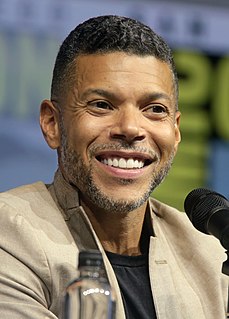A Quote by Mal Fletcher
Technology works best when it facilitates human hope, activism, engagement & intervention.
Quote Topics
Related Quotes
Preschool kids learn best when exploring, but kids in school learn best when they do things, interacting with a master. Unfortunately, our schools don't do much of either. Also, kids do need to learn how to deal with technology, and online education and otherwise using electronic devices as learning tools facilitates that.
Human rights and international criminal law both illustrate the contradictory potential of international law. On one level, the imposition of human rights norms is a restraint on interventionary diplomacy, especially if coupled with respect for the legal norm of self-determination. But on another level, the protection of human rights creates a pretext for intervention as given approval by the UN Security Council in the form of the R2P (responsibility to protect) norm, as used in the 2011 Libyan intervention. The same applies with international criminal accountability.
Hoping to garner the support of the American people, proponents of regime-change wars routinely cite humanitarian concerns to justify military intervention in foreign countries. But here is the reality: As a direct result of our intervention in Iraq and the overthrow of Saddam Hussein, human suffering increased dramatically.



































